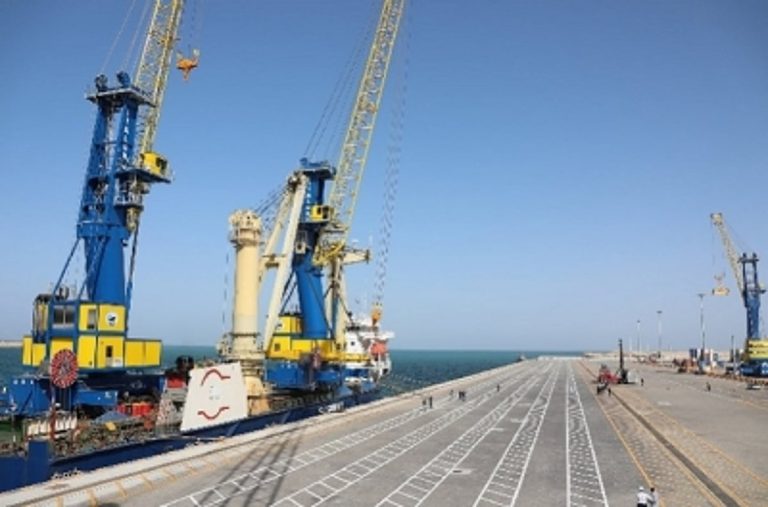Japan Wraps Up Successful World Expo 2025
Japan has officially wrapped up the six-month World Expo 2025, overcoming initial challenges to attract over 27 million visitors. Despite early concerns about public interest and logistical issues, the event showcased the innovations and cultures of around 160 countries, marking a significant achievement for the host nation.
Highlights of the Expo
One of the standout features of the Expo was the Grand Ring, the world’s largest wooden structure, designed by renowned architect Sou Fujimoto. This impressive installation encircled the various country pavilions and became a focal point for visitors. A high school student from Osaka even initiated a petition to preserve the entire structure, expressing a deep emotional connection to it. Currently, plans are in place to save a 200-meter section on an artificial island in Osaka, but the petition has garnered nearly 7,000 signatures advocating for the full preservation of the Grand Ring.
Overcoming Challenges
Initially, the Expo faced significant hurdles, including a lack of media coverage and public enthusiasm. Concerns about contaminated water sources and swarms of midges added to the difficulties. At one point, a sudden suspension of the sole train service to the venue left over 30,000 visitors stranded, with some needing medical attention due to the extreme heat. Despite these setbacks, organizers reported that the event is expected to yield a profit of at least 23 billion yen (approximately $150 million), largely due to strong ticket sales.
Global Participation and Innovations
The Expo featured a diverse array of exhibits, highlighting technological advancements and cultural displays from around the world. Notable attractions included a Mars meteorite, an artificial heart developed from stem cells, and unique Hello Kitty figures made from algae. These exhibits not only entertained but also educated visitors about the latest innovations in science and technology.
Reflections from Participants
Jacques Maire, head of the French pavilion, described the event as “extremely challenging” yet ultimately “magnificent.” He noted that this Expo was the most expensive and complex in comparison to previous editions, reflecting the ambitious nature of the event. The World Expo has a rich history, dating back to the first “World’s Fair” in London in 1851, and it continues to evolve as a platform for cultural exchange and industrial progress.
Looking Ahead
The World Expo is set to continue its tradition, with the next event scheduled for 2030 and 2031 in Riyadh, Saudi Arabia. As Japan concludes this successful chapter, the lessons learned and connections made during Expo 2025 will undoubtedly influence future exhibitions.
FAQs
What was the main attraction at Expo 2025?
The Grand Ring, the world’s largest wooden structure, was the main attraction, drawing significant attention and emotional responses from visitors.
How many countries participated in the Expo?
Around 160 countries showcased their technology, culture, and food at the event.
What were some challenges faced during the Expo?
The event faced issues such as contaminated water sources, swarms of midges, and transportation disruptions, which initially raised concerns about public interest.
Conclusion
Japan’s World Expo 2025 has concluded on a high note, successfully attracting millions of visitors and showcasing global innovations despite facing numerous challenges. As the nation reflects on this achievement, preparations for future expos will benefit from the experiences gained during this event.
The World Expo serves as a significant platform for nations to present their advancements and foster international collaboration. This year’s event in Japan not only highlighted technological innovations but also emphasized sustainability and cultural heritage, themes that resonate with global audiences. The participation of diverse countries allowed for a rich exchange of ideas and practices, showcasing how different cultures approach common challenges.
In addition to the exhibits, various workshops and seminars were held throughout the Expo, providing opportunities for dialogue on pressing global issues such as climate change, urban development, and health care. These discussions attracted experts and policymakers, further enhancing the event’s role as a hub for knowledge sharing. As Japan reflects on the success of Expo 2025, the impact of such interactions may contribute to shaping future policies and initiatives on both a national and international scale.
Also Read:
Saudi Arabia Arrests Over 21,000 in Immigration Crackdown







